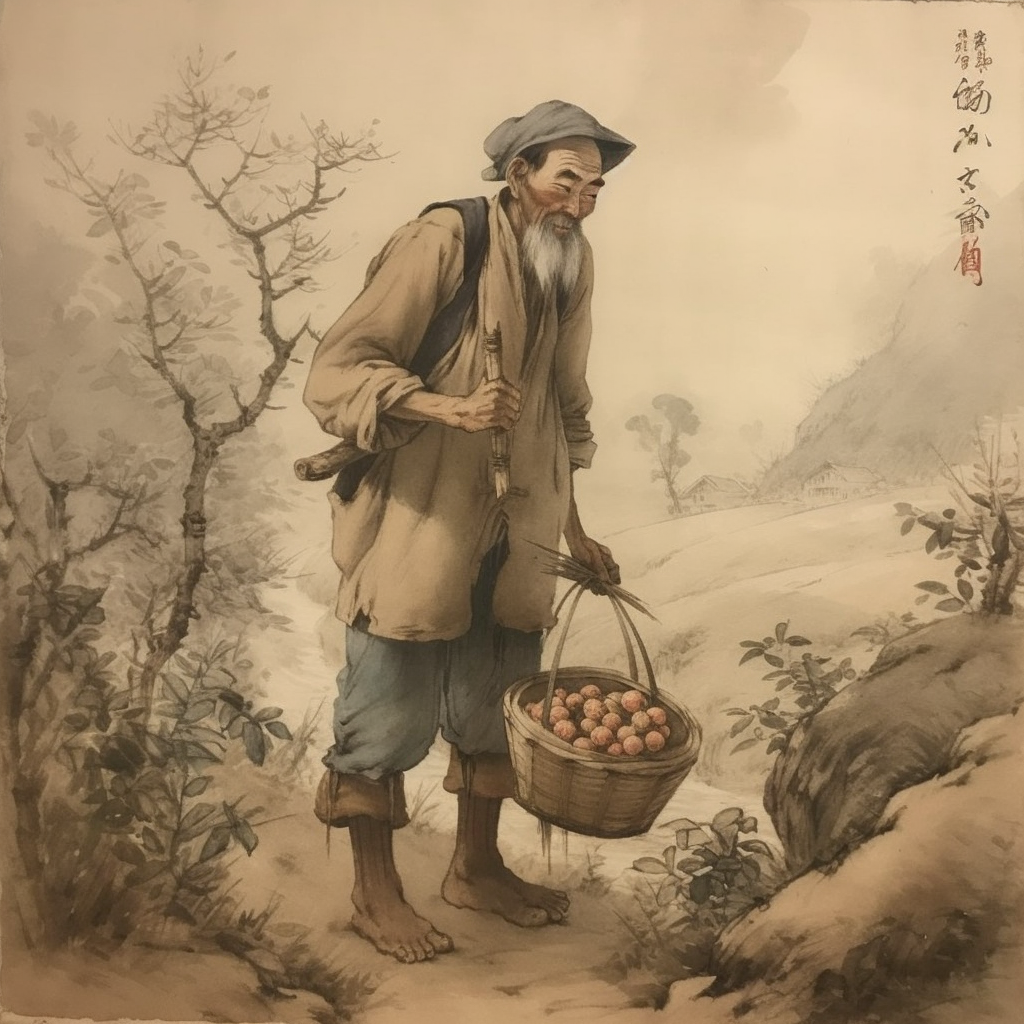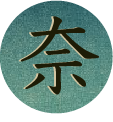Taoism
Let the ancient wisdom of Taoism guide your spiritual growth as you seek to align with your true potential. Explore the origins and learn about wu-wei, the art of effortless action. By embracing Taoist teachings, we can cultivate inner peace, balance and harmony to transcend the limitations of modern life and naturally move towards a fulfilling life.
Rooted In Flow
My journey with Taoism began during my college years when I stumbled upon this ancient Chinese philosophical and religious tradition. Its emphasis on living in harmony with the natural world instantly captivated me. Rooted in indigenous Chinese beliefs and practices, Taoism has evolved through a tumultuous history, at times serving as China's official religion and at other times, nearly being eradicated during the Cultural Revolution. Yet, Taoism has endured, and together with Confucianism, stands as one of the great philosophical traditions native to China. I’d like to share how Taoism is still absolutely relevant to the modern-day seeker and how one of the core concepts can be folded into our lives.
The History of Taoism
Although the exact origins of Taoism are difficult to trace, it is generally believed to have developed around the 6th to 4th centuries BCE. Lao Tzu, also known as Laozi, is a legendary figure in Chinese history and is considered the founder of Taoism. He is believed to have lived around the 6th century BCE, although the exact dates of his life are debated among scholars. The name "Lao Tzu" can be translated as "Old Master" or "Venerable Master," reflecting the reverence with which he is regarded. He is traditionally attributed as the author of the Tao Te Ching, one of the most important texts in Taoist philosophy. It offers profound wisdom on living in harmony with the natural world, emphasizing the importance of flexibility, adaptability, and balance in life.
In Taoism, "the Way" (Tao) is a fundamental concept that represents the natural order and harmony of the universe. The Tao is often described as an indescribable force that underlies all existence and cannot be fully comprehended through human language or thought. It is the ultimate reality, the source of all things, and the guiding principle of the cosmos. The Tao is both transcendent and immanent, meaning that it exists beyond the physical world while also being present within it. I can still recall my young mind grappling with this definition/non-definition of the Tao. As a young student, I found this notion challenging to comprehend, but I've since discovered that the true essence of Taoism can only be grasped by living its teachings.
Over time, my understanding of the Tao has evolved. Once, I perceived the Tao as synonymous with movement, but now I recognize it as a Presence that encompasses movement without being defined by it. Meaning, the movement is secondary to the primary position of expanding consciousness that is still, yet active. This seeming contradiction is central to Taoist principle of “wu-wei”, or the art of effortless action. Wu-wei litrally means “no action” or “non-action”. It is the practice of moving in harmony with the natural flow of the universe, allowing life to unfold without resistance or struggle.
The Taoist Farmer
There's an ancient Taoist story of a farmer who lost his horse. Instead of lamenting his misfortune, he remained calm and accepted the turn of events. Soon, the horse returned with three wild horses, and the farmer's neighbors praised his good luck. However, the farmer's son broke his leg while trying to tame one of the wild horses, and the neighbors sympathized with the farmer's bad luck. Yet, the farmer remained accepting and detached, and soon after, an army invaded the region, conscripting all able-bodied young men. The farmer's son was spared due to his injury, and the farmer's neighbors marveled at his good fortune. This story illustrates the essence of wu-wei, accepting the natural flow of life without resistance. The farmer didn’t get attached to the idea of good or bad, but simply allowed the unfolding of life to flow uninhibited.
Cultivating Wu-wei
When it comes to seeking our purpose, this cornerstone of Chinese philosophy can be our guide. From the perspective of The Living Art, finding your purpose is about aligning with your greater potential. I explore this topic further in my post “What Is My Purpose?” This core alignment requires a certain flexibility because it’s not a predetermined path. In this context, wu-wei encourages us to remain open and receptive to the natural flow of life instead of being rigid and tense. By embracing non-action and releasing our preconceived notions of what our purpose should be, we create space for the universe to reveal our true path.
Cultivating wu-wei in regard to aligning with your potential can be a very supportive practice that involves:
Trusting intuition: Pay attention to the subtle messages and synchronicities that guide you toward your path. Open up to a greater intelligence and trust the wisdom of your inner voice.
Embracing uncertainty: Do not fear the unknown. Instead, welcome the mystery and potential for growth that comes with uncertainty so you can welcome a new vision into your life.
Being adaptable: Remain flexible and open to change. Understand that your potential may reveal itself in layers and evolve over time, so adapt as needed while you let go and follow.
Mindful observation: Pay attention to the present moment without judgment or expectation. Notice the subtle cues from your environment by learning to “listen” and respond accordingly.
Surrender: Accept that you cannot control every aspect of life. Release the need to micromanage and trust the natural process of unfolding that is inviting you on a journey.
Patience: Allow things to unfold in their own time. Do not force progress or rush toward a specific outcome, thinking you must pounce on something or else you’ll miss out.
Being present: Anchor yourself in the present moment. This is the only place where true change and transformation can occur, so it’s an essential to become grounded in the Now.
Nurtured by nature: Nature serves as a profound teacher in Taoist thought. Observe the countless lessons on harmony, resilience, and the cyclical nature of existence to harmonize with nature.
Taoists believe that by understanding and living in harmony with the Tao, individuals can achieve inner peace, balance, and spiritual growth. This involves cultivating virtues such as simplicity, humility, and compassion, and embracing the natural flow of life without resistance. When we limit ourselves, we impinge upon the effortless flow of the Tao and create friction in our own lives. Letting go then, becomes a restoration of what is intrinsic and natural within all of us. Spending time in the presence of nature allows us to emulate the fluidity of water, the rootedness of trees, and the boundlessness of the sky to bring us closer to the wisdom of the Tao.
Lao Tzu's Advice
If we could sit with Lao Tzu and ask him about our purpose, I wondered how he might respond? I imagine that he would likely advise us to embody wu-wei as we seek our purpose, allowing the answers to emerge naturally rather than forcing a specific outcome. Lao Tzu might say to us, "Do not search for your purpose, but instead let it find you. Move through life with grace and ease, aligned with the Tao, and your purpose will reveal itself." We can then follow his guidance by practicing stillness, being present to life and embracing the journey because purpose is the process of aligning with potential—a natural flourishing of the Tao. By integrating wu-wei into our daily lives, we create the conditions for our purpose to reveal itself organically. Through non-doing, we open ourselves to the wisdom of the universe, allowing our true path to emerge and guide us toward a life of meaning, fulfillment, and harmony.
The ancient wisdom of Taoism offers a refreshing perspective on life, urging us to slow down, embrace simplicity, and cultivate inner balance. By integrating the principles and practices of Taoism into our daily lives, we can embark on a transformative journey of self-discovery and spiritual growth, ultimately realizing our true potential. As we align ourselves with the Tao and embody its timeless teachings, we empower ourselves to create a life of harmony, fulfillment, and inner peace, transcending the limitations of our modern world and embracing the boundless possibilities that lie within.
I help people align with their potential. If you’re ready to find a deeper connection with what truly matters, click here.









